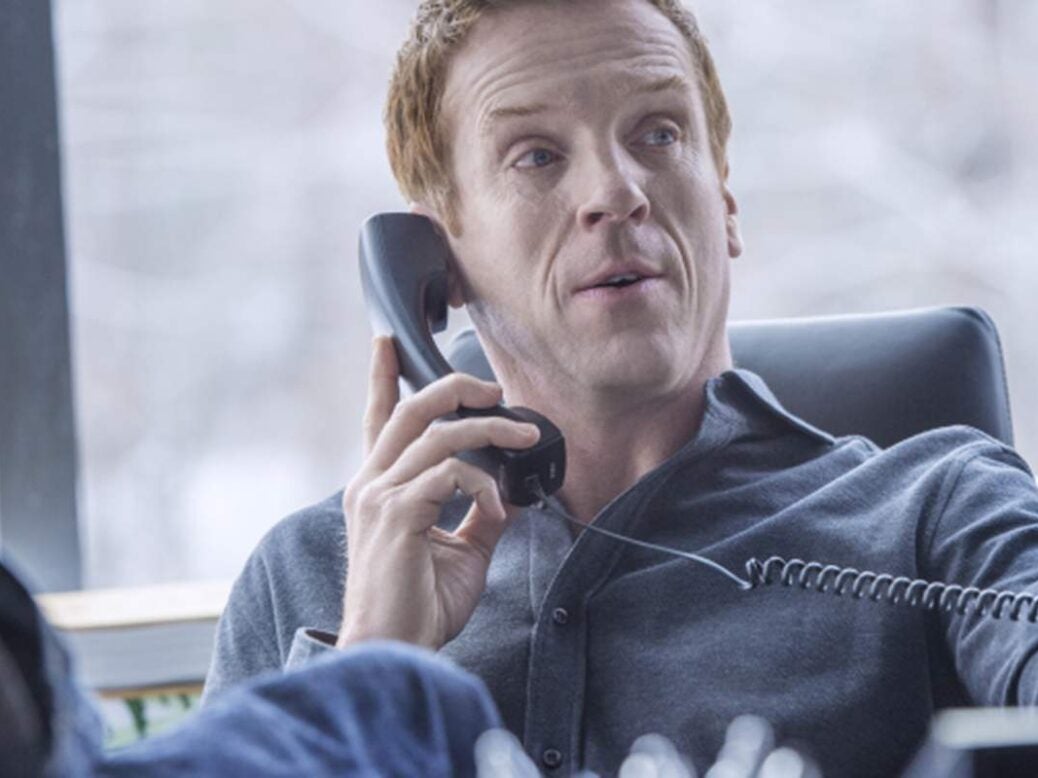
As media interest quickly turns into public scrutiny, HNWs should reflect upon the skeletons in their closet, if any, says Giles Read.
In Sky’s new series Billions, Bobby ‘Axe’ Axelrod the main protagonist is a billionaire who is giving something back to the victims of 9/11 in what could be an attempt to bullet proof himself from corruption allegations. Fact is often stranger than fiction given that Bernie Madoff was a great philanthropist too before his house of cards collapsed. The proof is often in the pudding as they say but there is widespread cynicism about philanthropic investment by high net worth individuals these days. Although it remains an incredibly important and growing part of improving society.
The chosen vehicle of choice for such investments is usually a family foundation. Published figures for investment by foundations are huge, in America $53.97billion was invested via foundations in 2014. Meanwhile, in Europe, where giving is more of a tradition for rich families on the Continent over $60 billion was invested. The true extent could be much greater.
When it comes to considering the reputational aspects of philanthropy, preparation is key especially if you plan to attract media interest, which can quickly become scrutiny. You need to ensure you have all the angles covered and back up your philanthropic activity with a convincing narrative. This is important to avoid cynicism that the move is being made to burnish your reputation for selfish reasons. Joe Public will always assume the worst even though you’re making a considerable commitment. You need to assure them of your intentions and explain your vision convincingly. A great example of communication in this area is the Bill & Melinda Gates Foundations, which has received its fair share of criticism over the years but remains a beacon in the sector.
It is also important to layout your philanthropic vision, or mission for your foundation, to make it clear what you want your investments to achieve. Keep it simple so the media and other stakeholders can understand your rationale for decisions about investment now, and in the future. Understanding builds sympathy which is invaluable if you ever face criticism.
Reflect upon skeletons in your own closet – if you have any – since they can come back to haunt when you’re thrust into the limelight. Your enemies could seek to use this moment of increased scrutiny to cut you back down to size on social media – and the traditional media is known for ‘tall poppy syndrome’, especially in the UK.
You should also consider the financial reasons for making this commitment. If your philanthropy, inadvertently or otherwise, reduces you tax bills you can expect criticisms. If there is a tax benefit you need to ensure the commitment outweighs it.
Finally, always consider the reputational risks associated with the organisations you plan to invest in and try to plan for the unexpected or unintended. Oprah Winfrey discovered this to her cost in 2006 when she invested in a school in South Africa where allegations of sexual misconduct came to light soon after. Her involvement immediately meant media interest was intense and as she lamented afterwards – ‘We thought we’d thought of everything including knowing how devastating the crime situation can be in South Africa, electrifying the fences around the borders, and making sure that men were off the campus by a certain time at night. Never occurred to me or anyone, I think, that you would have abuse or charges of abuse from a female on campus.’
If you are concerned about some of these issues, you can always consider making donations privately to alleviate reputational risks. Although you will not get the warm glow of the spotlight and public praise. For HNWs hoping to make a difference for all the right reasons, it is important to reflect carefully and decide which approach is best for you.
Giles Read is a senior consultant at Powerscourt communications group






